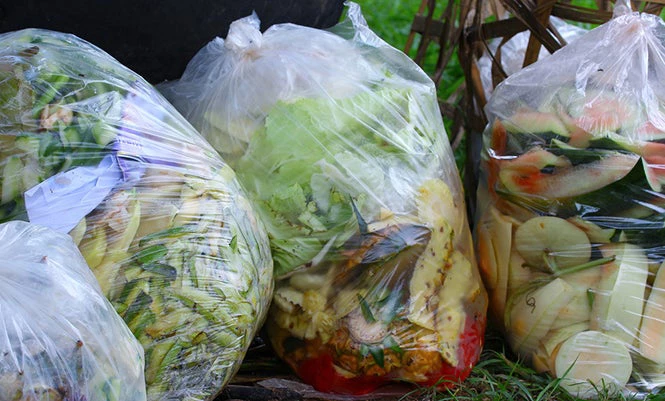
These statistics highlight the need to address the problem as global citizens. But if you look at it closer, the incentives for action are indeed very local, making cities—as the centers of consumption in the world—important game changers with strong reasons to take action:
- A more competitive food services industry: With more conscientious management and better logistics systems for food and food waste in supermarkets and restaurants, cities will have businesses with modern operations that are able to engage in corporate social responsibility in a way they have been unable to do before.
- Citizenry that is ready to reduce waste: Reduction of food waste at the individual level is not only an easy sell from a communications perspective (in many cultures, our grandmothers or upbringing have already done the hard work), in practice, it can also be easier to achieve than other forms of waste reduction.
- Feeding those in need: Food banks and similar food recovery programs have a social impact both in terms of reducing hunger and providing social benefits such as job training. At the same time, they are underutilized and have a great potential for expansion.
- Cleaner, healthier cities: Food waste brings out the worst in garbage. It attracts animal vectors such as rats and is one of the major contributors to nuisance odors and landfill contaminants. In some countries, food in open dumpsites serves as an inhuman source of a day’s meal for marginal groups living nearby.
- An attractive response to demand for environmentally and socially responsible waste systems: If communicated and executed well, the solutions for food waste management have tangible and usable products (energy and compost), and provide attractive environmental and social benefits. As an example, food waste in Sweden is used to produce fuel for the public bus system . Combined with the human and economic imperative to value the food the planet produces, these approaches provide a compelling story for communities.
How could local governments, food service businesses, NGOs, and citizens work together to create an integrated approach for your city?



Join the Conversation